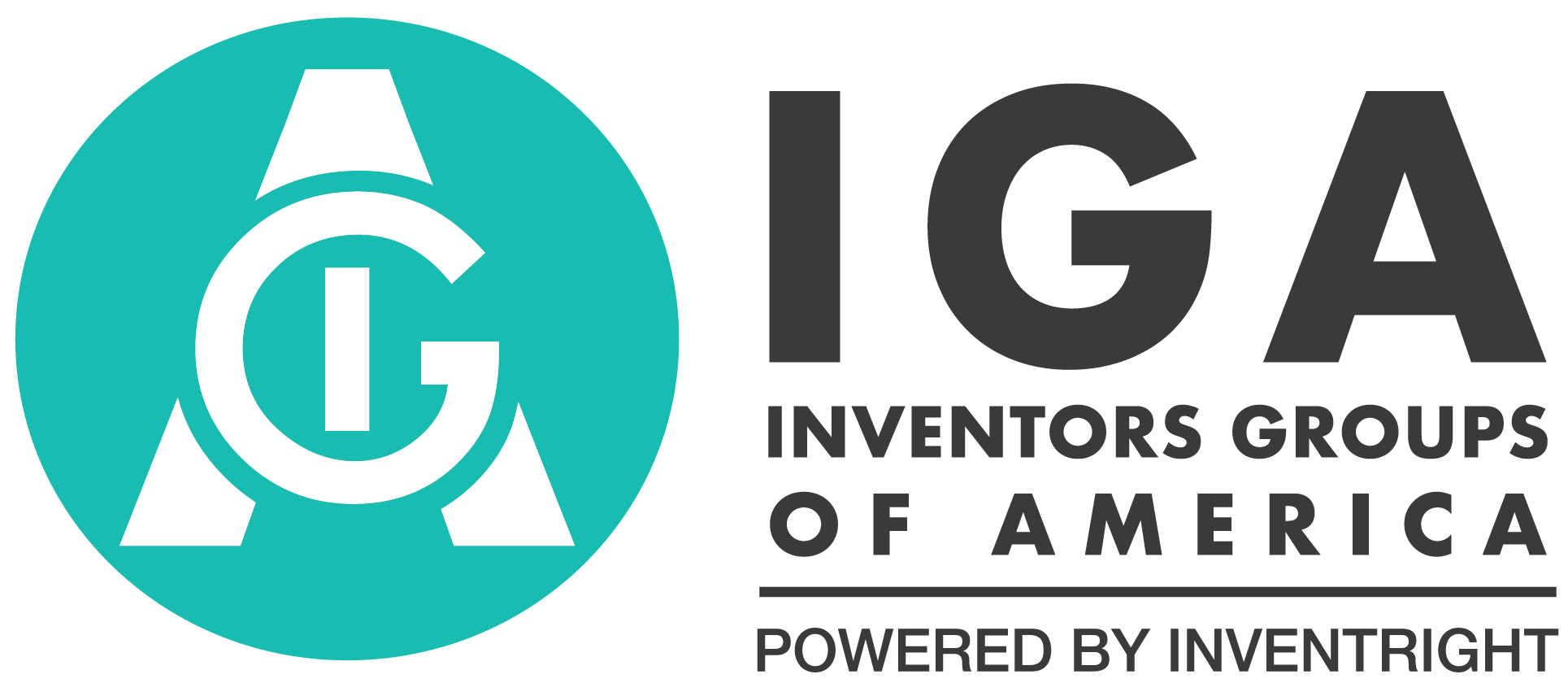Say you come up with an idea for a new product. At first, you’re elated. This is a product people need, you think. It’s genius! Why can’t I find it anywhere? But when you begin studying the market, the air rushes out of you. The idea already exists. It’s out there on the market, or maybe documented in a patent. Your heart sinks. Someone beat you to it.
Discovering your idea already exists or a similar idea is not uncommon, which is why studying the market is so important. In fact it’s the absolute first thing you should do. You need to know what’s been done before to chart an effective course of action. Even when you discover your exact idea already exists, you still have options. Hear me out.
First, don’t just throw up your hands — do more research. I begin studying the market using Google Images. Then I search for prior art using Google Patents or the United States Patent and Trademark Office’s website. Is the invention patented? How strong is the prior art? Can you design around it? Does it encompass manufacturing methods? Is your idea really exactly alike, or just similar? Where is it being sold? Who is doing the selling?
If after reading the prior art closely, you determine there’s no way to work around it, you still have options. You can walk away, of course. But you could also contact the patent holder to discuss his product with him. The reality is, his distribution isn’t great. He’s selling, but he’s only selling online. Why?
Order his product before contacting him to strike up a conversation. Then put him at ease by complimenting him on it. I recommend something like, “I’m a product developer and also a consumer. I bought your product and love it.” You don’t want to intimidate him. When he thanks you, tell him you’ve noticed you can only buy the product online. Why is that so? Is the product selling well? You think it should be selling everywhere!
Maybe he has a full-time job. Maybe he doesn’t have the capital required to scale up, or the desire. For whatever reason, he hasn’t been able to fully capitalize on the opportunity at hand. This is an extremely common scenario.
If you believe in the idea, and you’ve studied licensing, tell him you’d like to license it from him. That’s what one of my students did just the other day. Ask him to give you one year to hammer out a licensing agreement with a company that can help him — a company that has better distribution and a marketing budget. If you succeed, you’ll split ensuring royalty checks between the two of you.
You’d be surprised. When my student took the initiative to follow through and contacted the inventor, he was told, “This is the best call I’ve gotten in years!”
Relatedly, when you study the market, you may come across a patent that has been issued but that the patent holder hasn’t done anything with. For whatever reason, the idea hasn’t been brought to market. Maybe the patent holder didn’t even try to start a business. Maybe he did, but it failed. This person might not know about licensing. Either way, this is a great opportunity for you to gain more insight into the product and the industry. Contact the patent holder to find out what happened. If you know how to license ideas, maybe you can help him.
If you introduce yourself politely and with genuine curiosity, you will be surprised just how much people are willing to share with you. Remember, you don’t want to come across as threatening. Don’t give him any reason to believe you are going to try to work around him. More likely than not, he will share with you why it isn’t on the market. In my experience, it’s most often because the inventor didn’t have the money or the knowledge to start a business and doesn’t understand licensing.
If you think the product has the ability to be successful in the marketplace still, you could offer to license it from him. Maybe he had prototypes made. Or even put production in place. If you understand licensing and he doesn’t, you bring a lot of value to him.
Have your lawyer draft up a very simple licensing agreement between you and the patent holder that gives you the right to reach out to companies. I recommend trying to bring a deal to the patent holder, having him sign it in his name, and then pay you part of the royalties he receives. There are other ways to structure this kind of deal. But big picture-wise, the point is you have a certain amount of time and the exclusive right to reach out to potential licensees on his behalf.
If you don’t succeed after the specified length of time, the contract becomes null and void.
The moral of the story is, if you discover a patent or a product that is very similar to your concept, don’t immediately give up. Investigate further. Can you make better use of an existing asset? Maybe.
Article courtesy of Inc.com, first published on June 23, 2016 under the title “What to Do When You Discover Your Product Idea Already Exists”. Link to original publication: https://www.inc.com/stephen-key/what-to-do-when-you-discover-your-product-concept-already-exists.html.




